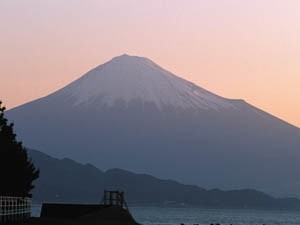Lower barriers to food and drink exports to Japan, says CIAA
Japan is the fourth most important export market for EU food and beverage products, with a value of over €3bn – 8 per cent of all exports – in 2009.
However the Confederation of the Food and Drink Industries of the EU (CIAA) says that the tariffs and quantitive restrictions in place for foods and drinks (which do not apply to other goods), act as barriers to the bloc’s manufacturing realising their full potential in that market.
“Japanese consumers are becoming increasingly open to non-traditional foods and this has increased the potential market for European food and drink products in Japan,” says the CIAA in a new briefing document calling for policy makers to take into account the opportunities during the EU-Japan summit at the end of May.
In particular it would like to see better market conditions for EU dairy and meat products, sugar confectionery, sweet biscuits, jams, and chocolate. These products carry the toughest tariffs. For instance, the April 2011 tariff rate for sugar confectionery for WTO members is 25 per cent, for sweet biscuits 20.4 per cent, and for chocolate confectionery with added sugar 29.8 per cent. (Latest tariff information is available here. http://www.customs.go.jp/english/tariff/2011_4/index.htm).
In addition, the CIAA suggests taking action within the EU promotion scheme for agri-food products for Japan, in order to help overcome cultural differences and, should a free trade agreement come to pass, ensure European food companies are best positioned to take advantage of new opportunities.
Multilateral agreement a priority
The CIAA has said that a multilateral agreement under the WTO would be a priority for the entire food chain – but the fortunes of the beleaguered Doha Development Round still hang in the balance almost a decade after its launch.
WTO head Pascal Lamy told an informal meeting of the Trade Negotiations Committee last week that the round risks collapse if certain tricky issues are not surmounted. Major stickling points have centered on differences between developed and less developing counties that the round was conceived to benefit on the world stage.
“If the ‘window of opportunity’ to conclude the Doha Development round this year closes, we believe the EU-Japan summit would be a good opportunity for the EU and Japan to declare their wish to engage in the bilateral negotiating process,” said the CIAA.
The EU-Japan talks are due to take place in Brussels on 28 May.











